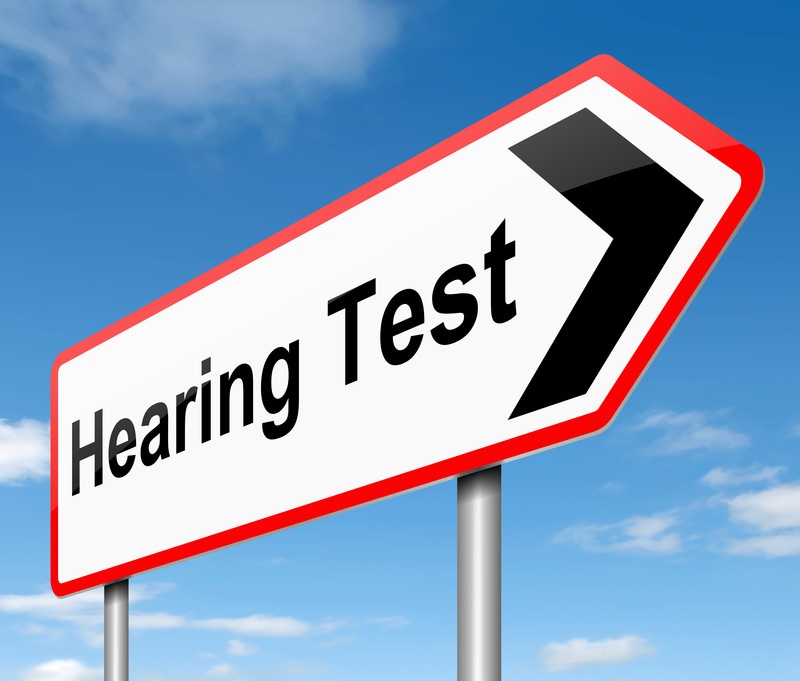
In the US, roughly 37.5 million adults have some level of hearing loss. Yet according to the National Institutes of Health (NIH), merely 20 percent of those who could benefit from hearing aids actually use them. That means that millions of Americans who could enhance their life with better hearing choose not to do so.
And that’s not all.
After being shown that they will need hearing aids, people wait on average 5-7 years before even purchasing them—which is unfortunate, because for those that do choose to use hearing aids, the results are overwhelmingly positive.
Many studies have determined that wearing hearing aids improves relationships, enhances general physical and mental health, and even boosts household income, as discovered by the Better Hearing Institute.
Regretfully, 80 percent of those who could use hearing aids will never observe these benefits. And of those who will, it’s a shame that they have to wait way too long.
The question is: if people are holding out 5-7 years before getting a hearing aid, what is eventually swaying them to do so? And if we understood the reasons, would it prompt us to deal with our own hearing loss earlier?
With that in mind, we’ve collected the most common “triggers” that have inspired our patients to finally arrange a hearing test.
Here are the top five:
1. Not being able to hear the grandkids
Here’s one we’ve heard more than a couple times.
The thing about high-frequency hearing loss is that the sounds most difficult to hear are generally higher-pitched. That makes the female voice and the voices of children especially hard to understand.
As a result, many people with hearing loss miss out on what their grandchildren are saying, or alternatively have to make them repeat themselves. Before too long, the grandkids begin avoiding the grandparents, and this provides a strong motivator to book a hearing test.
2. Strained relationships
Communication is the foundation of any healthy relationship, which is why hearing loss is so frustrating for both people.
If you have hearing loss, you may think everyone else mumbles, but your spouse probably thinks you talk too loudly or “selectively listen.” This brings about tension, and before long, you find yourself in more arguments than normal.
Regretfully, many people wait until their spouse is at a breaking point of frustration before arranging a hearing test. We’ve seen first hand that plenty of problems could have been averted if hearing loss were dealt with faster.
3. Feeling left out
How confident and interactive can you really be if you can’t comprehend what others are saying?
Many people with hearing loss lose their confidence and sociability when it’s easier to avoid the scenario than it is to struggle to hear and comprehend what’s being said. This leads many people down a road of seclusion.
It’s this experience of seclusion—and missing out on social activities—that encourage people to pick up the phone and book a hearing test. And there are not many activities that hearing loss doesn’t influence in a detrimental way.
4. Being unproductive at work
We’ve heard plenty of stories of people that arrive at their breaking point in the office. Quite often they’re at an important meeting and can’t hear their associates sitting across the table. They either have to disrupt the meeting to get people to communicate louder or repeat themselves, or otherwise have to stay silent because they can’t follow along.
There’s a reason why wearing hearing aids is correlated with higher household income in those with hearing loss. If you have better hearing, you’re simply more confident and productive at work.
5. Concern about general health and well-being
Last but most certainly not least, people are becoming increasingly aware of the health risks associated with hearing loss. While there are several ailments associated with impaired hearing, the most alarming relationship is that between hearing loss and dementia. According to Johns Hopkins University researchers, seniors with hearing loss are significantly more likely to develop dementia over time than those who sustain their hearing.
What’s your reason?
The bottom line is that many people wait too long to deal with their hearing loss, even though the majority of hearing aid users state that their lives have been improved with better hearing.
If you use hearing aids, let us know the reason you made a decision to schedule your initial hearing test. Your response may end up helping someone in a similar situation to achieve the rewards of better hearing sooner rather than later.
